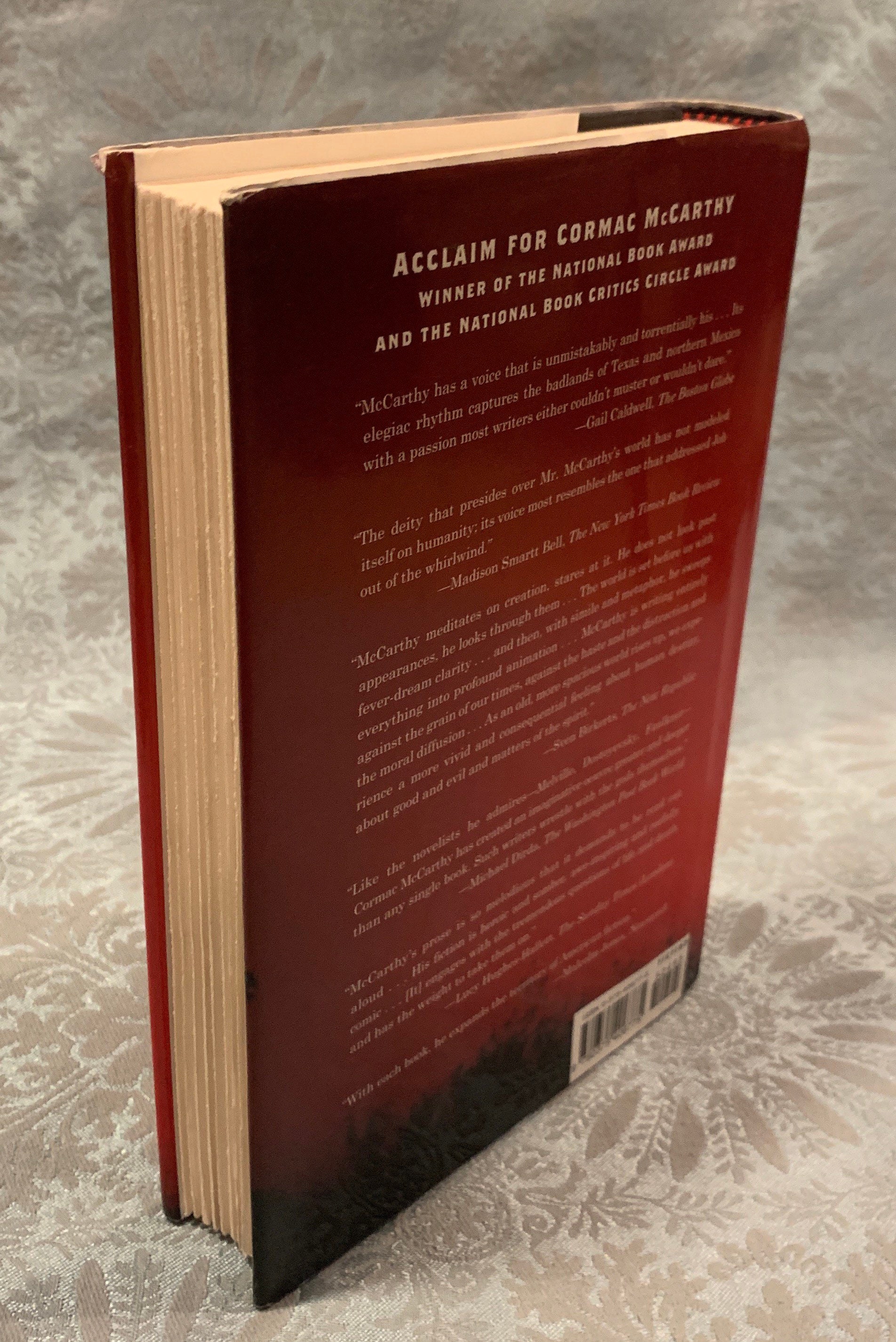


In spite of the laws of Heaven.” Some of her defenses melt a little toward the end, when, having revealed some of the cracks in her psyche, she asks Dr. Cohen in small, enigmatic bits seeded with defiant assertions that her conscience is untroubled: “I knew that I would love him forever. Cohen, “I think maybe it’s harder to lose just one thing than to lose everything.” One thing that does seem to be uncomfortably real is her incestuous relationship with Bobby, which she reveals to Dr. For Alicia, just 20 years old, mathematics is both a defense and a curse, something she’s given up-not easily, for, as she tells Dr. Is Bobby’s life also a hallucination, a dream? Perhaps, for Alicia suggests that Bobby may still be lying in a coma following an auto-racing accident in Italy.

What else to call it? But it’s an illness associated with an organ that might as well belong to Martians for all our understanding of it.” Still, the seemingly very real friend she calls the Thalidomide Kid turns out to be one of many hallucinations that show up to keep Alicia company-an interesting turn, since it seems the Kid also visited her brother, Bobby, in the predecessor novel. In this series of dialogues with a psychiatrist, she reveals herself to be thoroughly self-aware: “Mental illness is an illness. A companion to McCarthy’s The Passenger that both supplements and subverts it.Īlice Western-now known as Alicia, her birth certificate changed via her brother’s counterfeiter pal, John Sheddan-is a brilliant mathematician, at work on a doctorate even as a teenager.


 0 kommentar(er)
0 kommentar(er)
